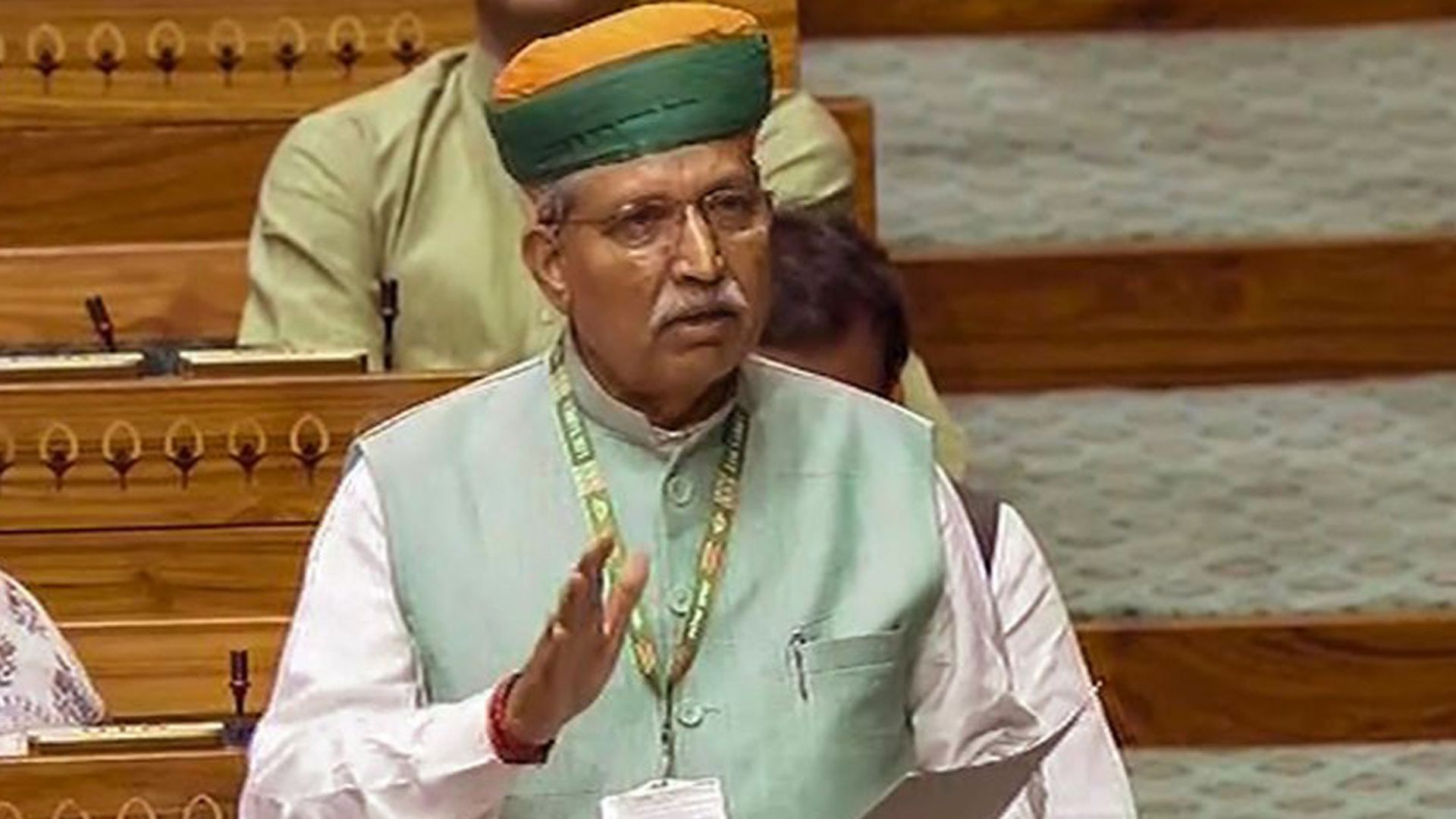Union Law and Justice Minister Arjun Ram Meghwal introduced the Constitution (129 Amendment) Bill, 2024, in the Lok Sabha on Tuesday. This bill aims to implement the ‘One Nation, One Election’ proposal, which seeks to synchronize national elections for the Lok Sabha and state assemblies.
In addition to the main bill, Meghwal also proposed amendments to the Government of Union Territories Act, 1963, the Government of National Capital Territory of Delhi Act, 1991, and the Jammu and Kashmir Reorganisation Act, 2019. These amendments are intended to align assembly elections in Delhi, Jammu Kashmir, and Puducherry with the proposed simultaneous elections.
Opposition Voices Concerns Over Constitutional Integrity
Congress MP Manish Tewari voiced strong opposition to the bill, arguing that it undermines the Constitution’s basic structure. He stated, “The essential features are federalism and the structure of our democracy. Therefore, the bills moved by the Minister of Law and Justice are an absolute assault on the basic structure of the Constitution.”
Samajwadi Party MP Dharmendra Yadav echoed Tewari’s sentiments, expressing confusion over the government’s sudden push for the amendment just days after upholding constitutional values. He emphasized the wisdom of the Constitution’s framers and criticized the bill as a threat to its foundational principles.
Cabinet’s Recommendations and Opposition’s Reactions
In September, the Union Cabinet approved recommendations from a High-Level Committee on Simultaneous Elections, chaired by former President Ram Nath Kovind. The committee proposed implementing simultaneous polls in two phases, with local body elections to follow within 100 days of general elections. It also recommended a common electoral roll for all elections.
However, opposition leaders, including those from Congress and the Nationalist Congress Party (NCP), have expressed vehement opposition to the ‘One Nation, One Election’ bill. Congress MP Jairam Ramesh labeled the bill unconstitutional and a threat to democracy, asserting that it aims to undermine accountability in governance. He further claimed that the bill is part of a broader agenda to replace India’s Constitution.
NCP-SCP MP Supriya Sule called for a Joint Parliamentary Committee (JPC) to discuss the bill, emphasizing the need for thorough deliberation. Congress MP Pramod Tiwari criticized the government’s approach, suggesting that an all-party meeting would have been more appropriate for discussing such significant constitutional changes.
Congress MP K Suresh reiterated the party’s strong opposition, stating that the bill threatens India’s democracy and federal structure. He predicted that while NDA allies like TDP and JD(U) may not openly oppose the bill, they are likely against it.
Samajwadi Party MP Ram Gopal Yadav also condemned the bill, asserting that it contradicts various sections of the Constitution. Earlier in the day, Tewari submitted a formal notice to oppose the introduction of the Constitution (One Hundred and Twenty-Ninth Amendment) Bill, 2024, citing serious concerns regarding constitutionalism and legality.























